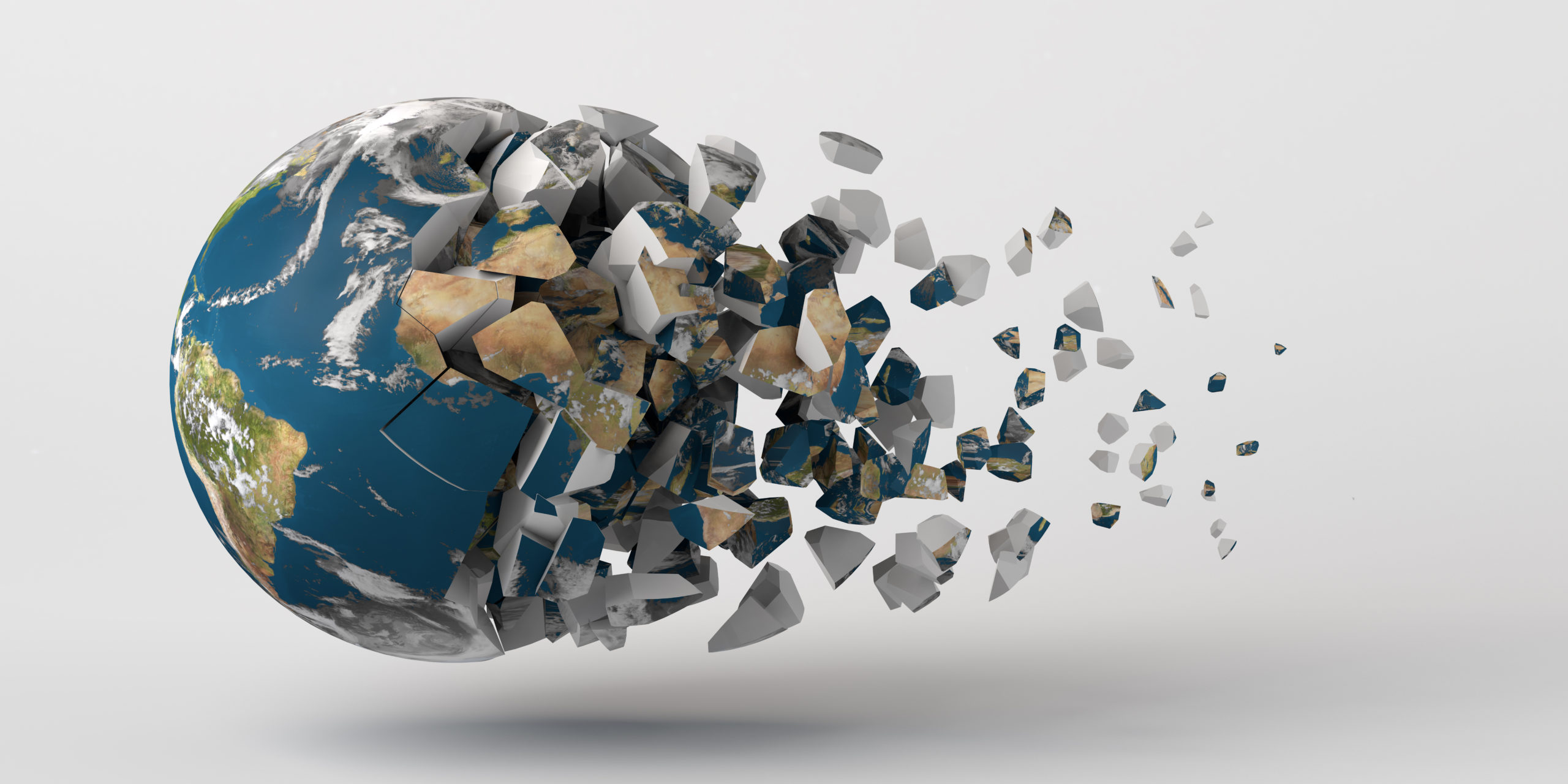Not long ago, I sat across from a UN civil servant at a quiet café in Geneva. She had worked for over two decades in the UN system, from humanitarian relief to climate diplomacy. As she stirred her coffee, she confessed: “I feel disappointed, bewildered. Sometimes I wonder if anything we do makes a difference anymore.” Her voice was tired, but not bitter—more like someone watching a dam crack and realising she only had her teaspoon to stem the flood.
She is not alone. In conversations across UN agencies, I’ve been hearing similar expressions of despair. As institutions strain under the weight of cascading crises—climate chaos, ecosystem breakdown, spiralling inequality, violent conflict, and the abandonment of international law—many international civil servants find themselves in a moral and professional no-man’s land. They are loyal to the ideals of the UN, yet unable to reconcile those ideals with what they now see daily: the world is not just “failing to meet the SDGs“—it is unraveling.
Like my friend, I’d given years of my life to working for the UN system, as well as with NGOs working on ‘sustainable development.’ I told her we need not feel guilty for our failure to create lasting change. We did not deregulate the markets and sell off the common good. We did not spread suspicion and hate. And we did not break the biosphere. However, as someone who quit the system myself, I shared that I think people in the international community might be lying to themselves: “You are caught in a system that pretends the old order can be patched up and rebooted. That’s not only false—it is harmful to you, to the people you serve, and to the possibility of real integrity in public service.” I want to share with you what came of our conversation.
Before that, here’s a reality check, in case you’re in any doubt. The crisis is no longer “on the horizon.” It is here. The past five years have seen unprecedented temperatures, continent-wide wildfires, the unprecedented loss of Arctic sea ice, and crop failures that threaten food security. The World Bank reports persistently high extreme poverty after decades of progress. And as Gaza, Ukraine, Sudan and Yemen show, international humanitarian law is not only violated with impunity—it seems increasingly irrelevant to those with power.
Inside the UN, there remains hope that global cooperation can prevail. But too often, this translates into policy proposals that assume political will where there is none, or technocratic tweaks to economic systems that are, by design, extractive and unjust.
In my book Breaking Together, I offer a sobering yet clarifying lens: ecological collapse, economic injustice and political dysfunction are no longer problems to be solved, but realities to be navigated. If UN staff continue to operate as if reform and recovery are possible within the old frame, they risk deepening their own despair, while failing those who are already in the midst of profound trauma.
But what if your role could shift?
What if you stopped pretending that the ship can be steered back to safe harbour, and instead became the honest voice on deck—naming the storm, sharing lifeboats, helping others stay afloat?
There is immense dignity and purpose in this. Imagine using your position not to defend broken processes, but to help more communities prepare for what’s coming: through adaptation, localisation, and preserving what remains of fairness and peace.
The UN’s founding ideals—dignity, justice, solidarity—are not obsolete. But the structures built to deliver them were designed for a world that no longer exists. What endures is the spirit of public service that drew you here in the first place. That spirit has a future, if we dare to change course.
So here is the proposal: speak out.
Use your voice, your networks, your moral authority, to publicly acknowledge that we are in an era of ‘metacrisis’ and societal collapse—and that our institutions must shift from problem-solving to crisis navigation and harm reduction.
Support staff dialogues within your agency about what ‘collapse-aware’ action could involve. Collaborate with scholars and civil society groups who are already preparing for this future, such as those involved in the Deep Adaptation movement. Advocate for UN programming that builds local resilience—not just with infrastructure, but with truth-telling, trust-building, and trauma-informed support.
If you are constrained in what you can say formally, find informal channels: safe spaces, writings, convenings. Every act of honesty helps dismantle the culture of denial. Every act of solidarity helps someone feel less alone.
The UN will not ‘solve’ the climate crisis. It will not eradicate poverty. But it can become a place where truth is spoken, where courage is modelled, and where new forms of leadership emerge in darkening times.
You don’t need to wait for a mandate to act with integrity. You don’t need perfect consensus to speak a difficult truth. And you don’t need to fix the world to make a profound difference to those around you.
That colleague in Geneva? When I shared these thoughts, she leaned back in her chair. “If I could be honest about the way things really are—and still contribute—I think I’d feel like I could breathe again.”
There is strength in acknowledging that systems are collapsing. There is purpose in helping others through it. And there is healing—for yourself and for the UN—in choosing integrity over illusion.
“Perhaps the work you came to the UN to do is not over,” I told her. “Perhaps it is just beginning.”



